
Ali Miraj 6pm - 9pm
22 April 2020, 18:59
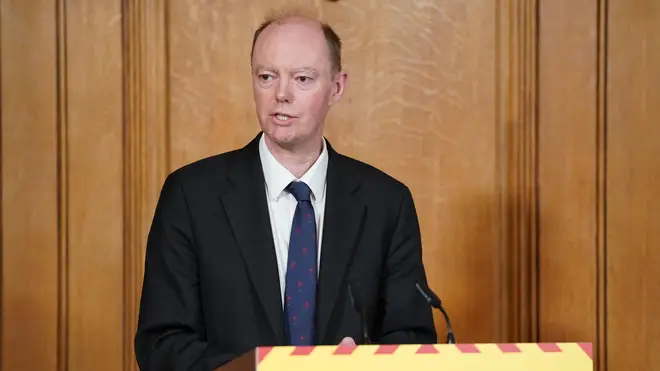
The chief medical officer has warned social distancing could remain in place "for the rest of the year" as the country works to keep the coronavirus pandemic under control.
Speaking at the daily Downing Street press conference,Professor Chris Whitty said there would need to be either a vaccine or an effective medication to deal with coronavirus before restrictive social measures could be lifted.
He added that this could mean the social measures could be in place for at least the next calendar year.
Prof Whitty said: "In the long run, the exit from this is going to be one of two things, ideally.
"A vaccine, and there are a variety of ways they can be deployed... or, and or, highly effective drugs so that people stop dying of this disease even if they catch it, or which can prevent this disease in vulnerable people.
"Until we have those, and the probability of having those any time in the next calendar year are incredibly small and I think we should be realistic about that.
"We're going to have to rely on other social measures, which of course are very socially disruptive as everyone is finding at the moment.
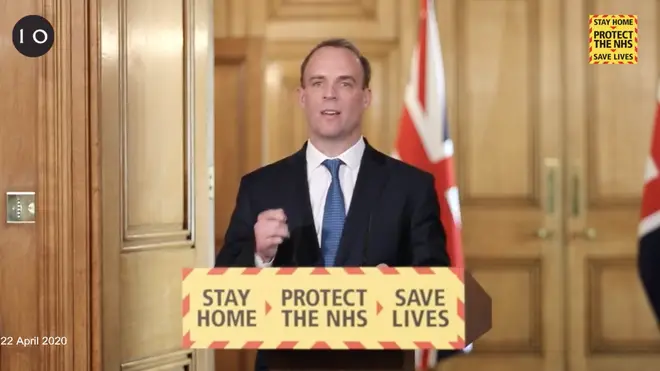
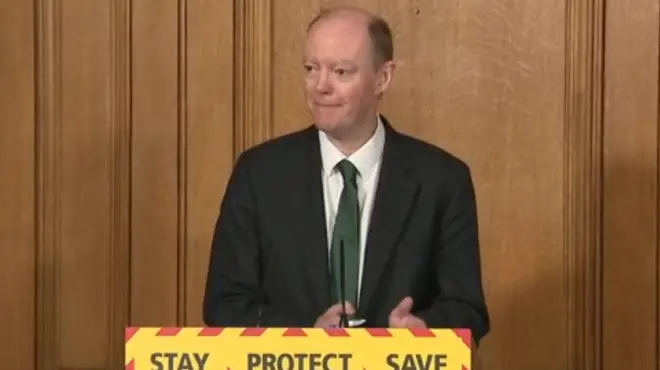
"But until that point, that is what we will have to do but it will be the best combination that maximises the outlooks but it's going to take a long time and I think we need to be aware of that."
The First Secretary of State was also asked about Exercise Cygnus, which was carried out over three days in October 2016 as a drill to see how the UK would react if faced with a pandemic.
The findings have never been released, but sources with knowledge of the findings have said the results would not make for comfortable reading.
But despite what the report says, the government has faced criticism for not acting upon subsequent recommendations.
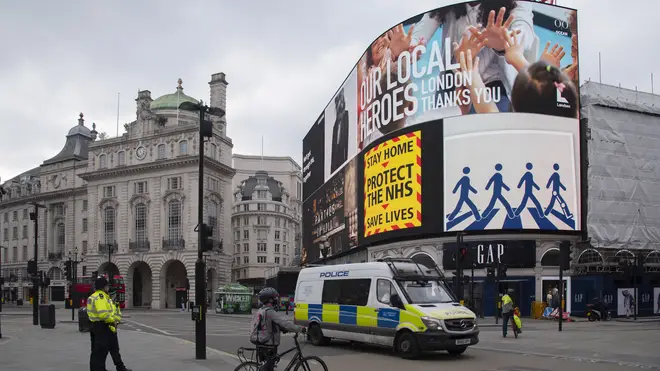
A former senior government worker told The Sunday Telegraph: "There has been a reluctance to put Cygnus out in the public domain because frankly it would terrify people."
When asked if he would consider making those documents public as the country deals with coronavirus pandemic Mr Raab said: "No I can't.
"If they were conducted in the circumstances that you describe I would have to look very carefully at the rules around it.
"I'm happy to take it away and have a look at it."
When asked if he had personally read the report on Exercise Cygnus, Mr Raab said: "I would have to go and check, I've read a huge volume over recent weeks but it's not something that immediately springs to mind."
Although the report is not public, sources told the newspaper that Cygnus warned the NHS would come under immense strain, health workers would have PPE shortages, and thousands in the country would die.
Britain has now been on lockdown for a month to ensure Covid-19 does not spread any further, with measures being extended into May.
At the time of writing, there have been 133,495 confirmed cases and 18,100 deaths.
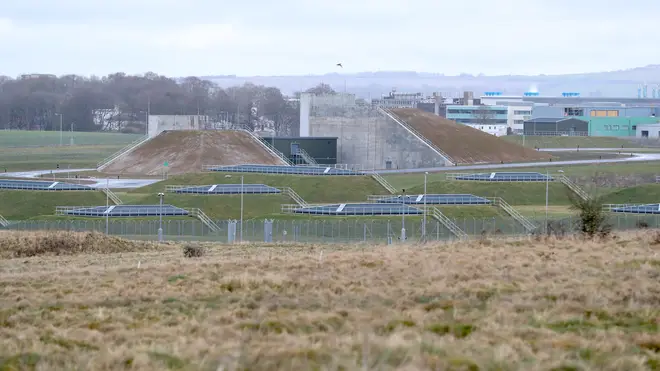
There have also been hopes that Britain could develop an anti-body test, which would say if a person had already had coronavirus and was now immune.
But Prof Whitty warned that we still do not have tests which are good enough, although "hopefully" one could be ready in the "near future".
He added: "The problem we’ve had is that we do not yet have a test that is as good as we would want, even with the expertise of the academic sector, Porton Down and their expertise, PHE and their expertise, and industry.
"Many different people are trying to work on an improved test. There are fairly good tests at the moment on this, but there are not very good tests.
"This is one of the critical bits of information that we need to make decisions and I’m hoping, but I’ve been hoping for a while so I don’t want to over-promise on this, that we will shortly have tests that are good enough to get at least a ranging shot as to what proportion of people in different age groups and different parts of the country have had this virus.
"But we’re not yet at the point where we have a test that we can say that reliably, but I’m hoping we’ll be able to do so in the pretty near future."
But Prof Whitty's statement that the test was not ready seemed to contradict Health Secretary Matt Hancock's claim that they were already in use.
Listen & subscribe: Global Player | Apple Podcasts | Google Podcasts | Spotify
On 2 April, Mr Hancock said there was already a "ultra-high accuracy test" being used at the Porton Down science campus.
He said the tests were being used to find out "which proportion of the population already had the virus", and said there was the capacity of "3,500 of these tests per week."
Porton Down is the military's science facility, and it is hoped that by testing a person's blood, it will be possible to see if they have anti-bodies which would fend off the virus.
But the World Health Organisation has warned that even if the tests can prove if a person has had Covid-19 or not, there is no scientific proof that they would be immune from contracting it again.